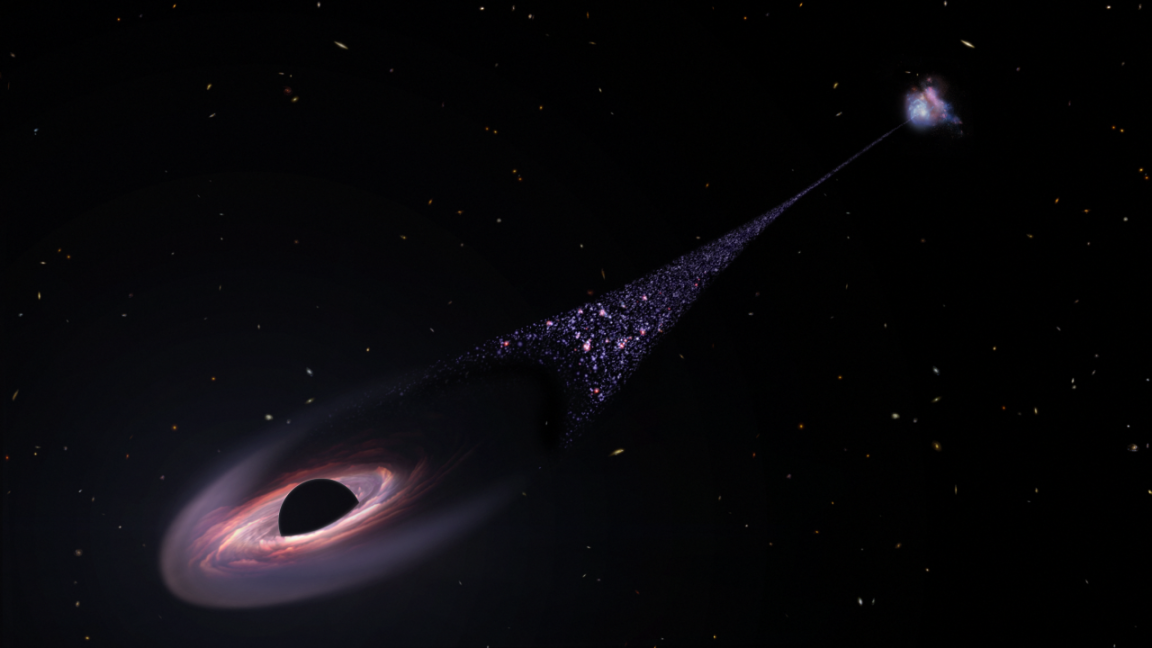
A new study suggests a solution to the Little Red Dots mystery. Scientists think young supermassive black holes may go through a “cocoon phase,” where they grow surrounded by high-density gas they feed on.
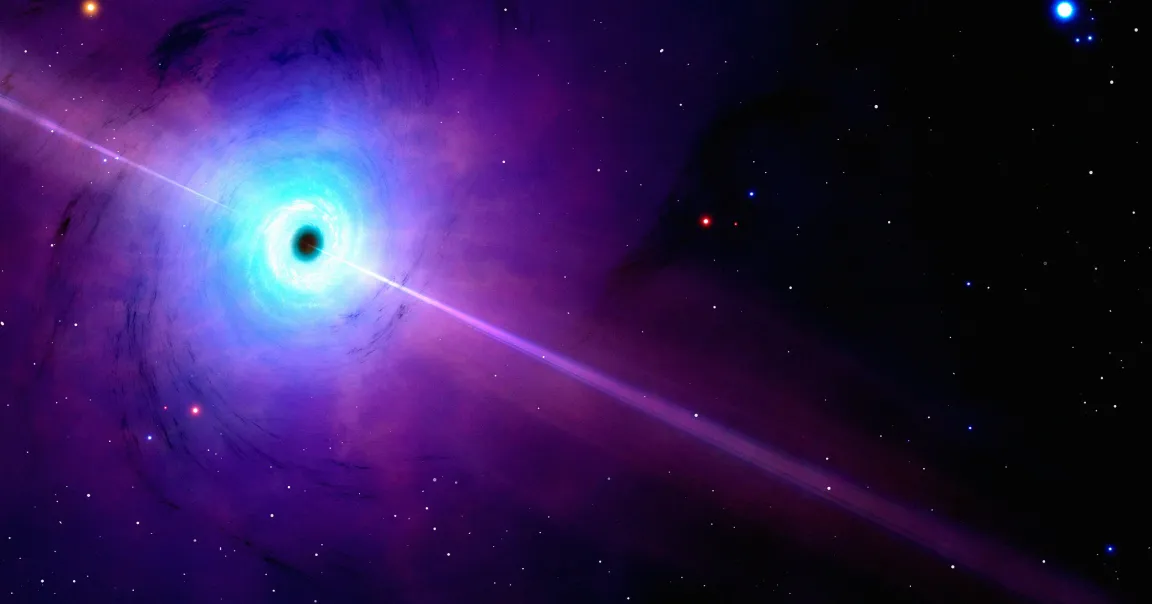
An international team of astronomers claim to have made a baffling discovery with the help of NASA’s James Webb Space Telescope: the first runaway supermassive black hole that’s rocketing away from its home at a staggering speed.
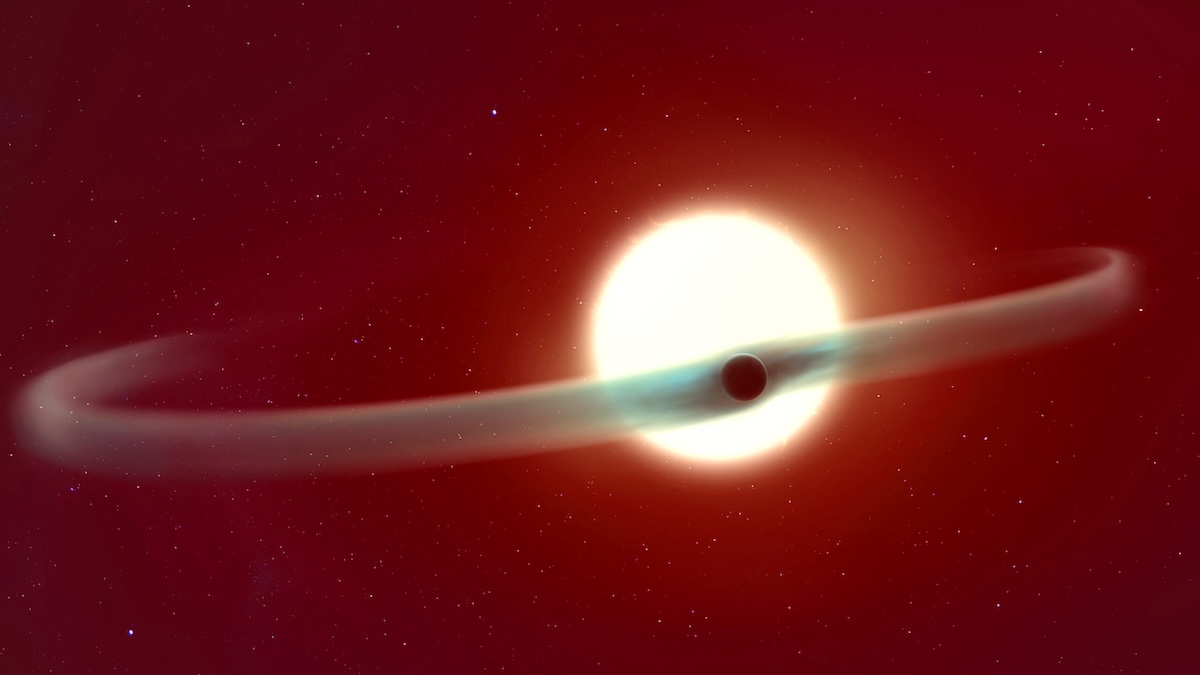
About 880 light-years from Earth, a hot mess of an exoplanet is slowly spilling its atmosphere into space, creating two enormous tails of helium that stretch more than halfway around its star.
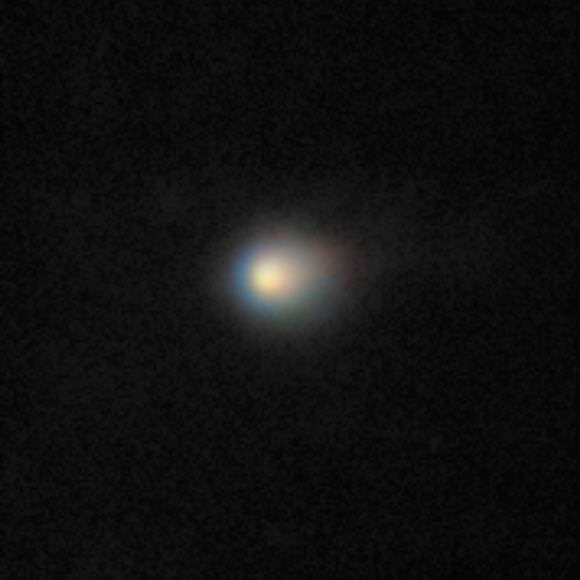
The comet is unique - not only was it made of carbon dioxide, but it had a carbon dioxide ice-to-water ice ratio that was literally out of this world, 8:1, which is among the highest ever recorded.

The NASA/ESA/CSA James Webb Space Telescope has revealed new details in the core of the Butterfly Nebula, NGC 6302.
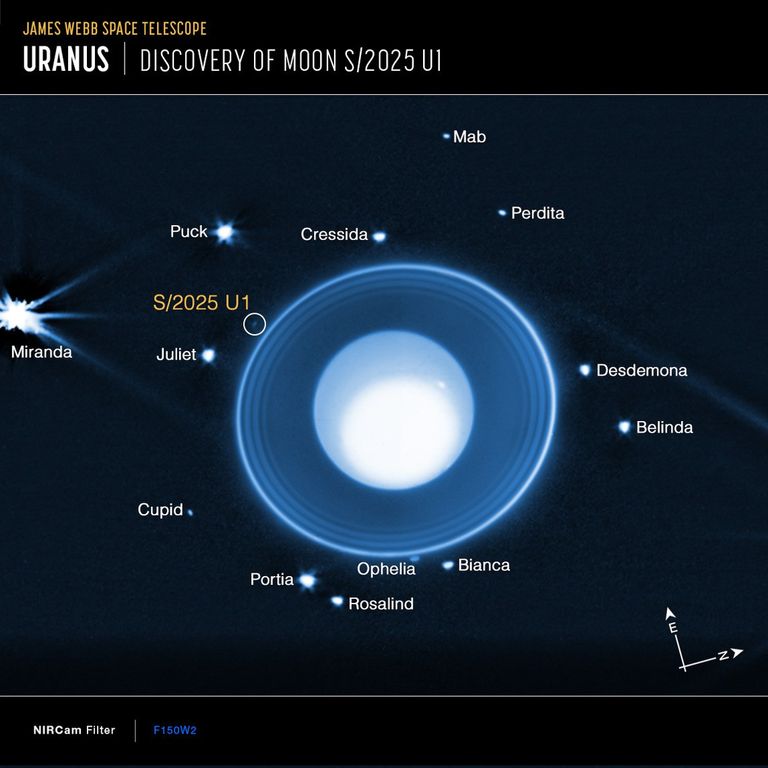
Using NASA’s James Webb Space Telescope, a team has identified a previously unknown moon orbiting Uranus, expanding the planet’s known satellite family to 29.
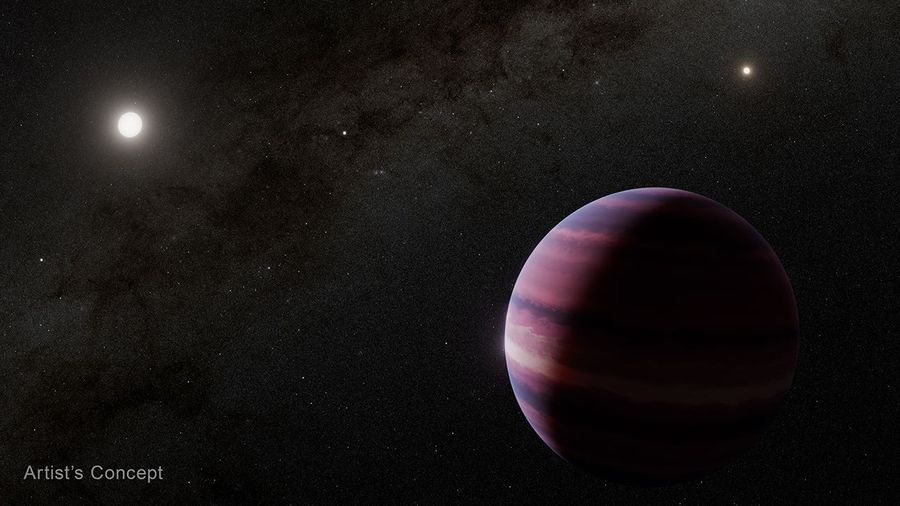
Astronomers using NASA’s James Webb Space Telescope have found strong evidence of a giant planet orbiting a star in the stellar system closest to our own Sun.
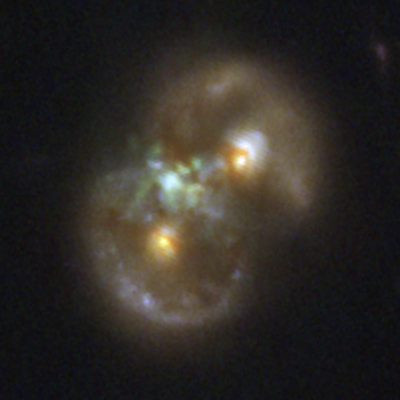
A pair of galaxies whose light has traveled for 8.3 billion years contains what astronomers believe is a supermassive black hole in the act of forming.

JWST has discovered and directly imaged its first exoplanet. It’s the first one Webb has found that other telescopes hadn’t previously found.

Astronomers have detected the smallest and most solar system-like planet ever directly imaged around another star.

The record-breaking galaxy is revealing secrets about the first stars and their unexpected chemical fingerprints.
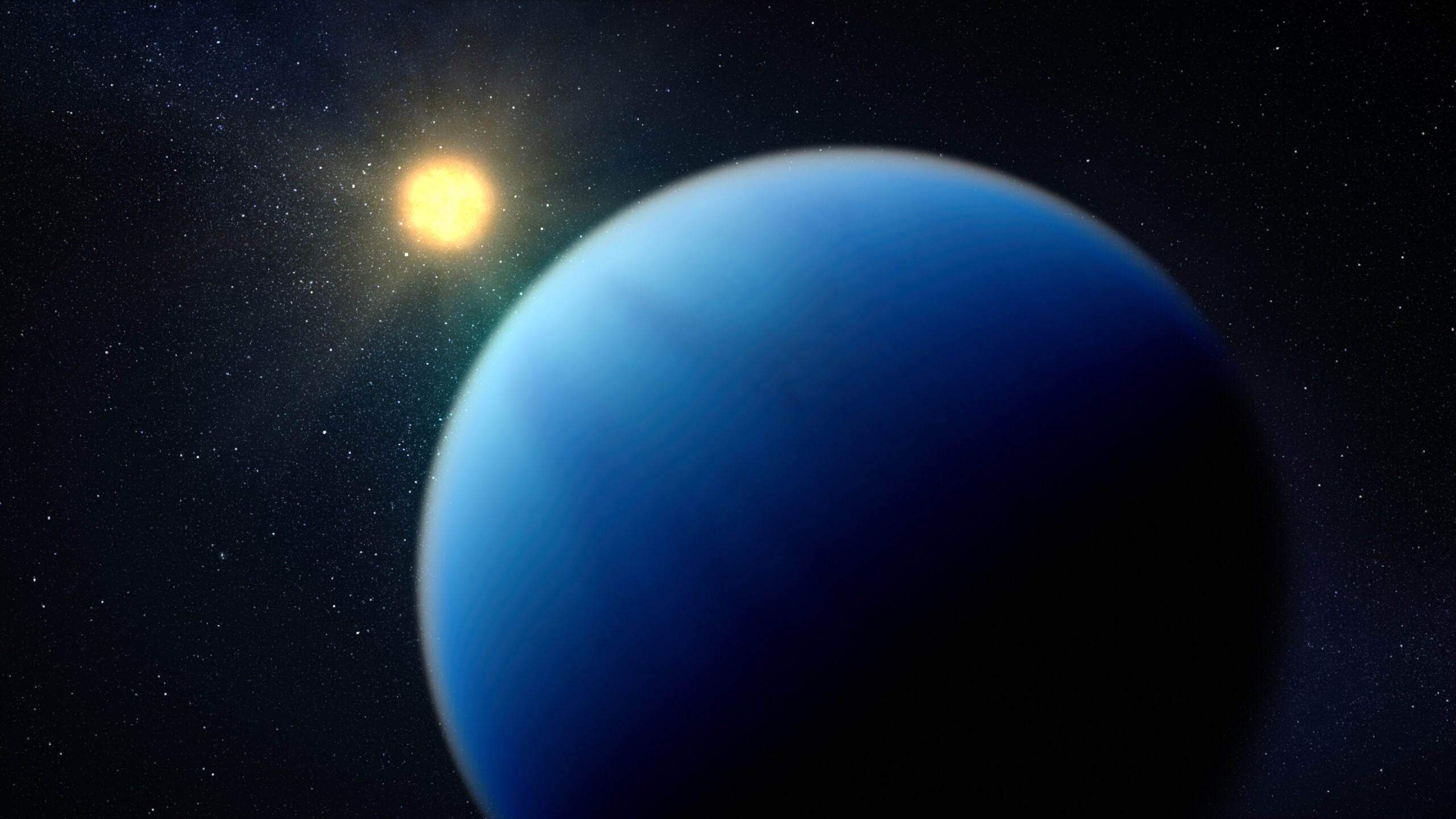
New views of TOI-421 b by JWST gives insight into how the most common type of planet in the galaxy might form.

Astronomers using the James Webb Space Telescope have directly detected the faint glow of a planet that’s colder than any world whose light has been directly observed.

Most of the lights in the new JWST-Hubble composite image are not bright stars, but galaxies, stretching back almost as far across space-time as the beginning of the Universe.

In a new image from NASA’s James Webb Space Telescope, a galaxy named for its resemblance to a broad-brimmed Mexican hat appears more like an archery target.